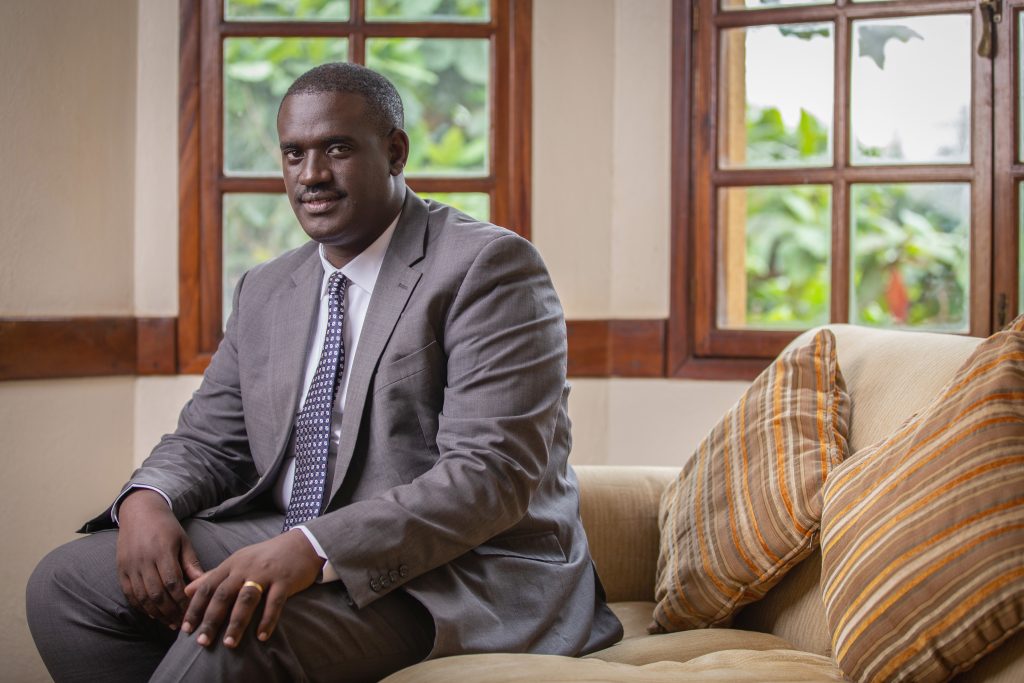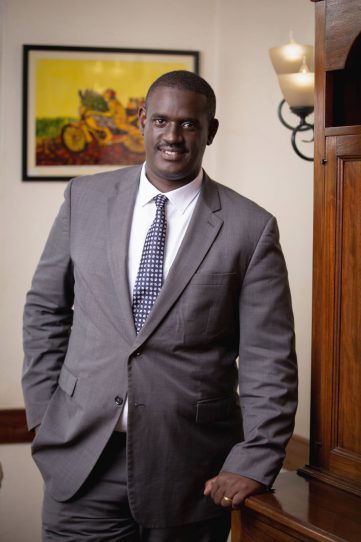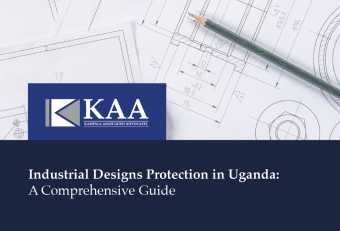This week, the EU Parliament passed a resolution calling on Uganda and Tanzania to halt our oil project and in particular, the East African Crude Oil Pipeline (EACOP)
While the motion and debate were non-binding opinions and nothing more, they succeeded in opening old wounds and igniting a debate about the colonial attitude of some members of the EU Parliament. Thankfully, it was the mere expression of a wish from selectMEPs (Members of the European Parliament). After all, European Union policy is determined by the European Commission. This is why EU Commissioner for Cohesion and Reforms Elisa Ferreira stated the position of the European Commission; she informed the EU Parliament that the EU delegation in Uganda had been following the developments of our oil and gas resources closely and that Uganda had joined the Extractive Industries Transparency Initiative. The EU remains a reliable partner in Uganda’s development journey.
The Deputy Speaker of Parliament of Uganda, Rt. Hon Thomas Tayebwa, correctly described the motion to Uganda’s Parliament as economic sabotage and economic blackmail. He said that no project land can be utilized unless the owners have been fully compensated and after any compensation related grievances have been resolved. As Deputy Speaker Tayebwa stated, any challenges will be raised by MPs from project affected areas and, if need be, handled by Parliament of Uganda. Other notable representatives like veteran Parliamentarian Hon Felix Okot Ogong rejected the EU motion to tell Uganda how to develop our resources. Kumi Municipality MP Silas Aogon said, “I express my dismay that another parliament somewhere can rise up to take a decision on behalf of our parliament.”
Our Parliament was absolutely spot on. The attempt to govern Uganda from Brussels is arrogant and totally unacceptable.
The scope of this problem is not only that some EU Parliamentarians believe they have a right to dictate to Uganda what it can and cannot do with its resources, it is the casual and almost fact free nature of the discussion. The speeches were terribly low on content and filled with very fictitious or highly exaggerated and/or inflammatory statements that are as far removed from truth as light is from darkness. These MEPs had no reason to present such falsehoods to their August House. They made a trip to Uganda to learn about the project a few months ago and enjoyed some of their summer. While here, they met with environmental regulators, Petroleum Authority officials and Ministry of Energy officials. They visited the project affected areas. Access to the environmental reports was provided and they could easily have engaged their Ugandan Parliamentary counterparts from the project areas. They chose not to and speech after speech at the EU Parliament debate, they presented fiction. One MEP, Pierre Larrouturour, who met PAU (Petroleum Authority of Uganda) head of environment, informed the EU Parliament that if EACOP is constructed, “40 million people will have problems accessing water.” According to this logic, EACOP is worse than World War 2, the Vietnam War and the Russian invasion of Ukraine. MEP Marie Toussaint claimed that EACOP would pollute Lake Albert and put the hippos at risk. My friend Maltee Gallee claimed that EACOP would release 34 Million tonnes of carbon into the atmosphere every year. He made this claim even after Total Energies had provided him with the correct facts in a tweet. An hour before his presentation, he was informed that the entire Ugandan oil project (not just the pipeline) would emit a total of 13 million tonnes of Carbon over a cumulative 20 year period and not 34 million tonnes per year.
I watched presentation after presentation at the EU Parliament, and each had its own number of people displaced by the pipeline. Some said 100,000 people, others said 180,000 people, and others had other figures. They repackaged facts in some presentations and outright manufactured facts in others.
These MEPs ignored the truth and revealed to us how African matters are discussed in their Parliament. It is clear that these MEPs are not interested in protecting biodiversity, defending people or preserving the environment. They are only interested in conserving poverty, under the guise of speaking on our behalf.



